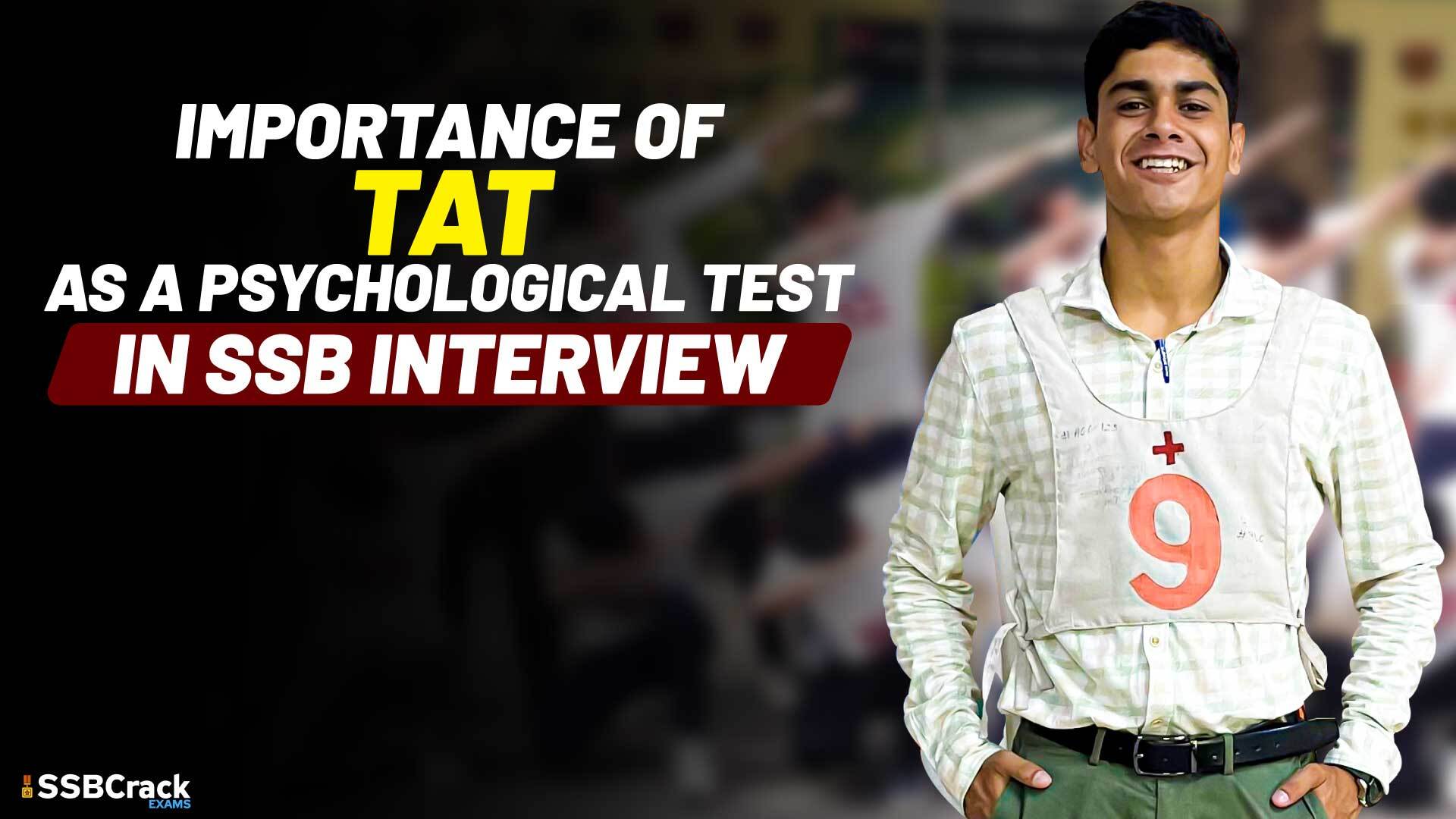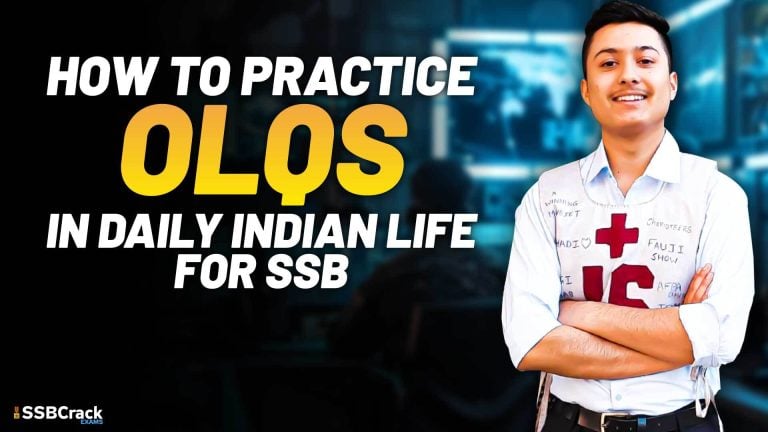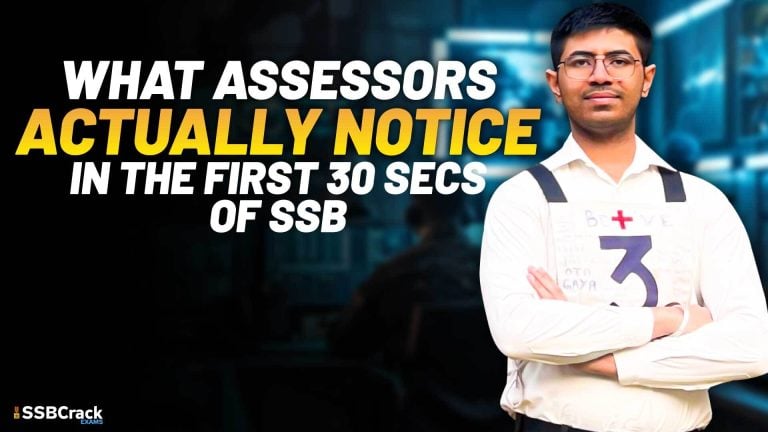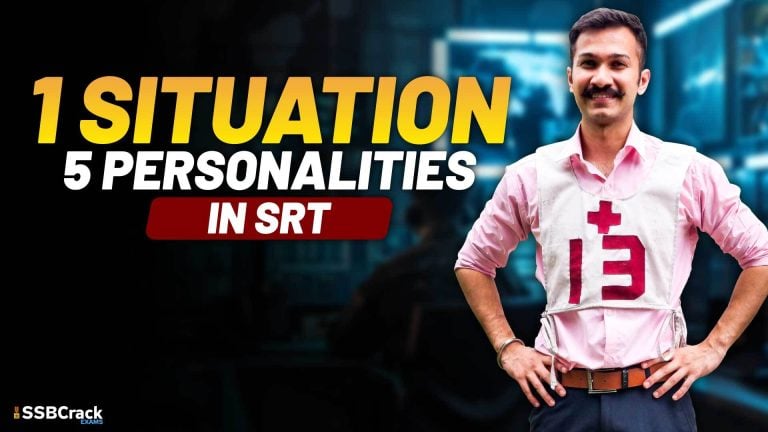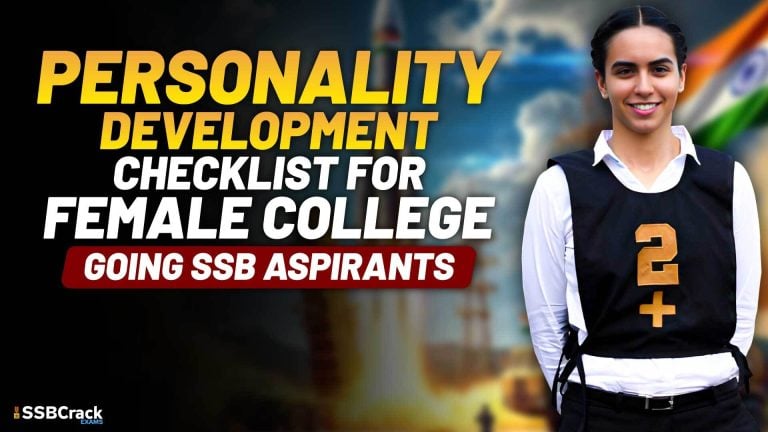The Thematic Apperception Test (TAT) holds significant importance as a psychological tool in the assessment process for candidates aspiring to become officers in the Indian Armed Forces. This tool is employed to evaluate various psychological attributes and qualities that are crucial for effective leadership in the military. Here are several reasons why the TAT is considered important in assessing a candidate’s suitability for an officer role:
1. Insight into Personality:
- TAT provides valuable insights into a candidate’s personality, allowing assessors to understand the individual’s thought processes, emotional responses, and underlying motivations.
2. Assessment of Leadership Qualities:
- Leadership is a cornerstone of military roles, especially for officers. TAT helps assessors gauge a candidate’s leadership potential by examining how they handle challenges, make decisions, and influence others through their narratives.
3. Problem-Solving and Decision-Making Skills:
- The scenarios presented in TAT images often involve ambiguous or challenging situations. The narratives constructed by candidates reveal their problem-solving abilities and the manner in which they approach decision-making under uncertainty.
4. Adaptability and Flexibility:
- Military environments demand adaptability and flexibility. TAT stories assess a candidate’s ability to adapt to changing circumstances and respond to dynamic challenges, reflecting qualities crucial for officers in various operational scenarios.
5. Emotional Intelligence Evaluation:
- TAT focuses on the emotional content of stories, enabling assessors to evaluate a candidate’s emotional intelligence. The ability to understand, manage, and respond to emotions is vital for effective leadership and interpersonal relationships within a military unit.
6. Communication Skills:
- Officers must communicate effectively to convey orders, instructions, and intentions. TAT assesses a candidate’s ability to express ideas coherently and communicate effectively through the construction of narratives.
7. Cultural Sensitivity and Values Alignment:
- TAT stories often touch upon cultural and ethical aspects. This provides insight into a candidate’s cultural sensitivity, moral values, and alignment with the ethical principles upheld by the Armed Forces.
8. Assessment of Response to Stress and Pressure:
- Military service involves high-stress situations. TAT scenarios may include elements that gauge a candidate’s response to stress, pressure, and adversity, providing assessors with a glimpse into their resilience and composure.
9. Understanding Interpersonal Relationships:
- The dynamics between characters in TAT stories offer insights into a candidate’s understanding of interpersonal relationships. This is crucial for officers who need to build rapport, foster teamwork, and manage group dynamics.
10. Identification of Motivations and Aspirations: – TAT stories help assessors identify the candidate’s motivations, aspirations, and the underlying values that drive their decision-making. This aids in understanding the individual’s commitment to military service.
11. Holistic Psychological Assessment: – TAT is part of a battery of psychological tests used in SSB interviews, contributing to a holistic assessment of a candidate’s psychological profile. The combination of various tests provides a comprehensive understanding of the candidate’s strengths, weaknesses, and overall suitability.
Conclusion:
In essence, the Thematic Apperception Test serves as a powerful tool to evaluate the psychological attributes essential for officers in the Indian Armed Forces. Its ability to reveal aspects of a candidate’s personality, leadership potential, emotional intelligence, and decision-making skills makes it a valuable component of the assessment process, contributing to the selection of individuals with the qualities required for effective leadership in military settings.
